Over the last two weeks, comic book fans were treated to two major season finales — The Boys on Amazon and Ms. Marvel on Disney Plus. And both, in their own respective ways, delivered, despite being geared to two totally different viewer demographics and adapting two totally different flavors of source material. However, despite its high praise — the show currently sits at a 98% critics consensus — only Ms. Marvel has had to grapple with the overarching questions that plague the Marvel Cinematic Universe’s Phase 4 enterprise as a whole, namely whether it did enough to not only advance the story of its title character across a satisfying season of television, but also progress the phase’s meta-narrative. And while it may not be fair to put that pressure on any one show, the truth is, that’s always been part of the promise in an MCU offering. Film or series, the story is expected to succeed on its own while also succeeding within a massive serialized storytelling apparatus.
Seven shows and eighteen months in, then, it’s worth assessing whether the Disney Plus structure has done enough to position its MCU series to succeed. And in particular, whether the SIX-EPISODE structure has done those series any favors. Because, unlike Ms. Marvel, The Boys, like Peacemaker before it, presented audiences with stories told over eight episodes, and it was able to dive deeper into the internal motivations of its leads, all while also doing the requisite amount of worldbuilding, new character introduction, and progression of supporting character arcs that we expect from great television.
In the cases of The Falcon and the Winter Soldier, which functioned as an extended prologue for Captain America 4, and Loki, which served as a bridge between Avengers: Endgame and the Multiverse Saga to come (not to mention its own second season), Marvel’s stumbles with respect to telling a six-part episodic story weren’t as damning as they could’ve been. But in the case of Hawkeye, Moon Knight, and now Ms. Marvel, which were all intended to be launching pads for new characters, the fact that certain aspects of the plot had to be sloppily executed and certain antagonists had to be left underdeveloped in order to get our main arcs to their respective endpoints hampered the final product.
In contrast, WandaVision, due to its unique sitcom structure, was afforded an additional three episodes to stretch its legs before diving into the six-part sprint we’ve now grown accustomed to. And while it admittedly didn’t fully stick the landing with respect to its climactic action, it ended on a tremendously satisfying emotional note for our lead characters, and it gave audiences enough insight into what Agatha Harkness and Monica Rambeau’s respective arcs might be to provide emotional stakes for wherever their next steps take them. And of course, the series was able to address the state of the world post-Blip and how the status quo had changed.
Had Ms. Marvel been afforded an additional two or three episodes to tell its story, the writers would have gotten the opportunity to flesh out what exactly the Clandestines’ motivations were, so that Najma wouldn’t have seemed so one-dimensional, and her villainous turn less abrupt and nonsensical. One more episode in Karachi would have given us more insight into the Red Daggers’ organization and the opportunity for Waleed and Kareem to be made even more compelling as mentors and allies to Kamala. Affording an entire episode to the Partition would have allowed the emotional climax of that story to breathe, instead of abruptly transitioning into poorly articulated Noor mumbo-jumbo which completely undercut the tragic star-crossed love story between Aisha and Hasan, and the part Kamala got to play in it. Not to mention, more time would have given the show more space to explore Kamala’s friendship dynamics, particularly concerning Nakia and Zoe, who not only proved to be bright spots in the finale but also play significant roles in the comics. In short, the things the show did well, we would have been able to luxuriate in, and with respect to the things it didn’t do well, there would have been more time allotted to fixing them.
Again, this is not to say that any of the MCU series have been bad. However, they’ve all been limited in certain respects, and six episodes hampers the storytellers’ ability to serve their characters in a satisfying way. (What If…? both as an animated series and a hybrid of an anthology show and a serialized show had its own unique challenges, even with nine episodes to work with.) And in the case of Ms. Marvel, while we do expect there to be a second season (which will clearly take place sometime after The Marvels, based on the stinger), some elements of this season can’t be revisited and retroactively improved. Especially when the “mutation” revelation has rendered some questions moot. So its flaws are its flaws, no matter what comes next. But hopefully, a nine-episode season of She-Hulk, paced differently from the six-episode breakneck pace that the other shows have struggled under, will convince Kevin Feige and the producing brain trust that the MCU’s characters — especially ones as thematically rich as Kamala Khan — need at least eight episodes each season to fully flesh their stories out. And then we can look forward to an embiggened Season 2.
‘Moon Knight’ From Page to Screen: Episode 3
In our latest From Page to Screen feature, we explore Moon Knight's comic history to uncover Layla's connection to Marc.







